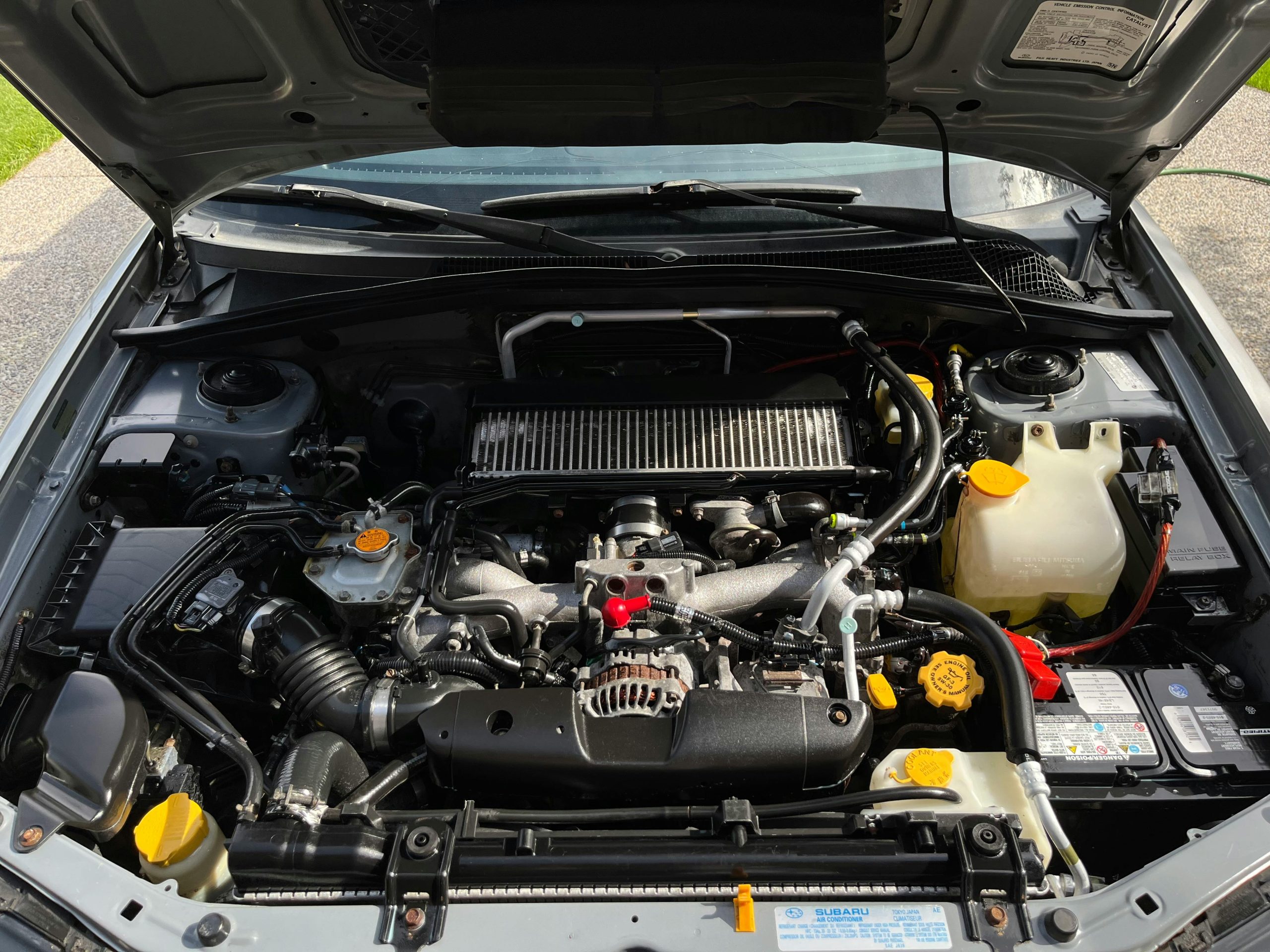You’ve likely heard that regular oil changes are pivotal for maintaining your vehicle’s health, but are you aware of how important the timing can be?
Depending on your car’s model, the conditions you drive in, and the type of oil you use, the ideal frequency can vary greatly. While your manufacturer’s guide offers a starting point, it doesn’t account for the nuances of everyday usage that might necessitate a different schedule.
As you keep up with your car’s needs, you might wonder if there are signs or indicators that could better guide this maintenance routine. What if there’s more to take into account?
Importance of Timely Oil Changes
Regular oil changes are vital to keep your engine running smoothly and efficiently. By adhering to recommended oil change frequency, you’re not just ticking off a box on your maintenance checklist; you’re actively preventing engine wear and guarding against the gradual accumulation of sludge that can cripple your engine’s performance.
This isn’t just about keeping things clean; it’s about safeguarding the intricate dance of moving parts inside your engine. Proper lubrication ensures that these components don’t grind against each other, which can lead to potential engine damage over time.
Think of timely oil changes as your engine’s best defense against the rough friction that threatens its health every time you drive.
Following the manufacturer recommendations for oil changes isn’t just a suggestion; it’s a critical guideline tailored to ensure that your vehicle performs at its peak. They’ve done the homework so you don’t have to guess when it’s time for fresh oil.
Determining Your Oil Change Schedule
How often should you change your car’s oil? This pivotal decision impacts your vehicle’s health and longevity. Your oil change frequency should align with several key factors.
Here’s what you need to take into account:
- Manufacturer Recommendations: Always start by checking your vehicle’s owner’s manual. Manufacturers provide recommended oil change intervals specifically tailored to guarantee peak performance of their models. Modern vehicles, for instance, can typically run 5,000 to 7,500 miles between oil changes.
- Driving Habits and Environmental Conditions: Your driving habits and the environments you drive in play significant roles. Frequent short trips, extensive idling, or driving in extreme weather conditions might necessitate more frequent oil changes to keep your engine in top condition.
- Type of Oil and Engine Specifications: High-performance engines and vehicles using synthetic oils might’ve different needs. Synthetic oils generally allow for longer intervals between changes compared to conventional oils, while high-performance engines may require more frequent changes to stay at their peak.
Types of Motor Oils Explained
Conventional oil, derived from crude oil, is the most commonly used type. It’s a reliable choice but may not offer the enhanced performance and protection you find in other types of oil.
Synthetic blends are a middle ground, combining the qualities of conventional and synthetic oils. They provide better protection and performance than solely conventional oil, especially under severe driving conditions. This type of oil can be a cost-effective way to improve engine lubrication without the higher price tag of full synthetics.
Full synthetic oil is engineered specifically for high-tech engines and offers superior lubrication and protection. It’s designed to withstand extreme temperatures and maintain its performance over longer periods, which can extend your oil change frequency.
Choosing the right type of oil depends on your vehicle’s needs, your driving habits, and how much you’re willing to invest in upkeep. Remember, the right oil boosts not only the performance but also the longevity of your engine.
Signs You Need an Oil Change
If you notice your engine making more noise than usual, it might be time for an oil change. This increased engine noise often points to old or contaminated oil that isn’t lubricating your engine effectively anymore. You certainly don’t want to ignore these warning signs, as they can lead to more severe issues down the road.
Here’s what else to look out for:
- Darker, Thicker Oil: Check your oil’s color and consistency. If you find the oil is darker than usual or feels thick, it’s a sign that your oil change is overdue. Old oil loses its ability to protect and lubricate the engine components effectively.
- Unusual Smells or Smoke: Any out-of-the-ordinary smell inside your car, especially an oil smell, suggests that you’re dealing with old or burning oil. Similarly, if you notice exhaust smoke that’s bluer than normal, it could indicate oil burning within the engine compartment.
- Low Oil Levels: Regularly check your oil level. If it’s consistently low or you spot signs of a leak, it’s important to address it quickly with an oil change and possibly a leak repair to prevent further engine damage.
Environmental Impact of Oil Changes
While regular oil changes are essential for your car’s performance, it’s equally important to contemplate their environmental impact. Used engine oil qualifies as hazardous waste. If you’re not careful with its disposal, you’re risking severe contamination.
Just imagine, improperly disposed oil can pollute up to one million gallons of water, rendering it useless for drinking or recreational purposes.
It’s alarming that nearly 200 million gallons of oil are improperly disposed of annually. This careless action jeopardizes not only water sources but also wildlife and aquatic ecosystems.
You’ve got a part to play in protecting the environment. Recycling can prevent the pollution of around 2.5 million gallons of water each year. That’s a significant figure when you consider the broader scope of water pollution.
Conclusion
So, you’ve mastered the art of the oil change schedule, balancing the lifeblood of your car with the rhythm of your routine. Think of it this way: skipping timely oil changes is like skipping heartbeats; both are crucial yet easily overlooked.
Embrace the contrast: while natural elements wear down your engine, your proactive steps revive it.
Keep your engine’s heart thumping with perfect timing; after all, your car’s vigor and the environment’s vitality are in your hands.



